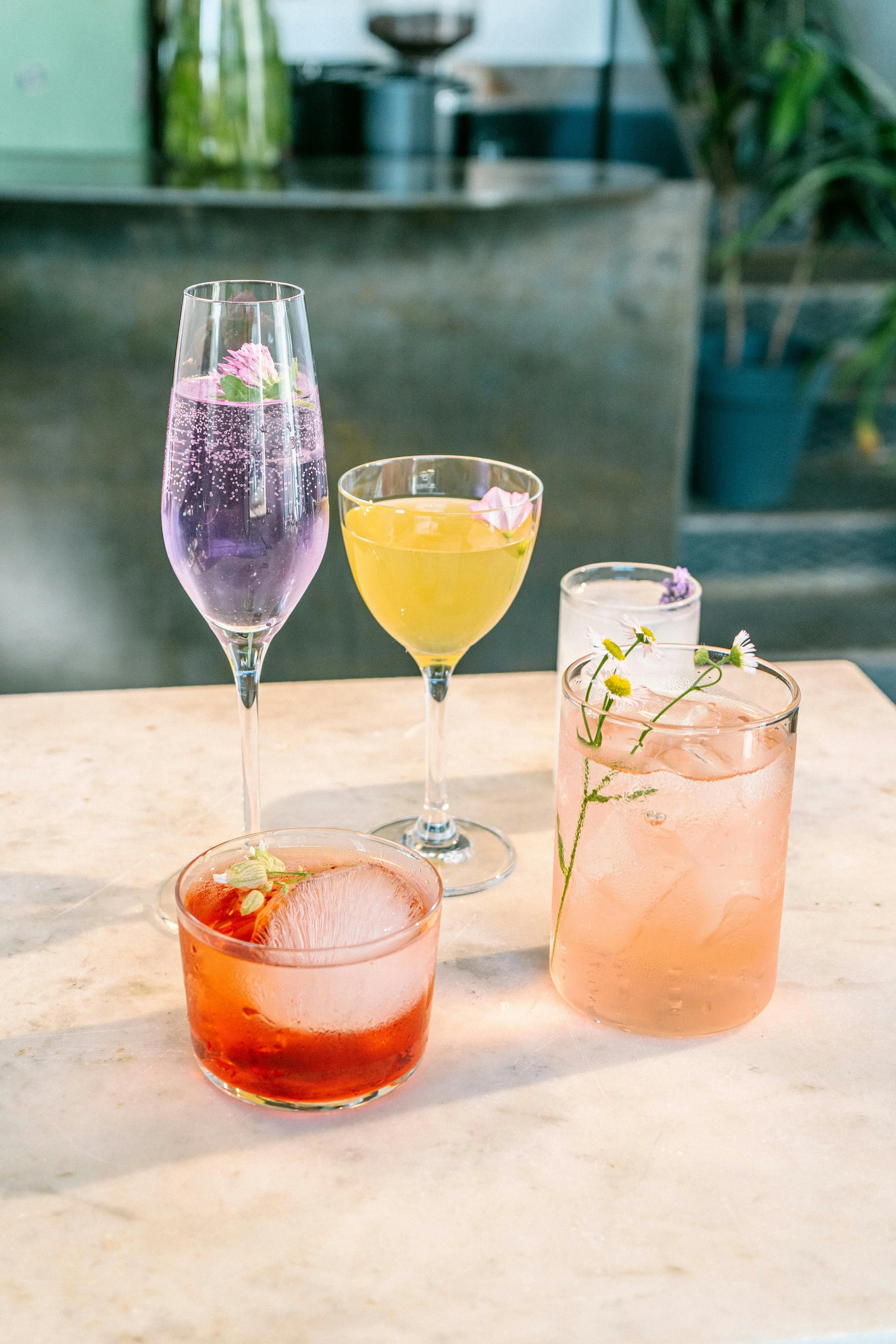Educational Resources

The Rise of Low & No Alcohol Functional Beverages in 2026
As consumers rethink what it means to enjoy a drink, low and no alcohol beverages are rapidly evolving from niche options to a mainstream force in the beverage landscape. Once an occasional choice for Dry January or teetotalers, functional mocktails, adaptogenic spirits, and better-for-you alternatives are now reshaping social occasions and wellness routines alike.

Why 2026 Is the Year Fiber Finally Shares the Spotlight With Protein
Protein is hitting its stride. From protein-fortified snacks to shakes and functional foods, it has become a key focus for consumers seeking strength, satiety, and wellness support. But in 2026, fiber is stepping into the spotlight alongside protein, not as a sidekick, but as an equally important pillar of modern nutrition.

The TikTok-to-Shelf Playbook: What Brands Can Learn from Viral Behavior
TikTok has become the fastest-moving focus group in the world. What once took brands months of research, surveys, and in-store observation now happens in real time on a platform where millions of consumers openly share their preferences, frustrations, rituals, and wish lists—often without realizing they’re doing market research for you.

Willpower Isn’t a Product Strategy: What Failed Resolutions Teach Us About Real Consumer Behavior
Every January, consumers make ambitious promises to themselves. And every February, brands watch those promises collapse. Gym memberships go unused, detox products get pushed to the back of the cabinet, elaborate wellness routines evaporate, and supplement regimens shrink back to the simplest possible version.

Botanical Boosts for Skin: What Science Really Supports
Botanicals have become a cornerstone of modern skincare and wellness marketing. From turmeric to centella asiatica, licorice root, and beyond, brands are leveraging plants to support skin health, hydration, and overall resilience.

Adaptogens in Your Products: What You Can Actually Claim
Adaptogens have become a buzzword in wellness, popping up in supplements, beverages, and skincare products. From ashwagandha and rhodiola to ginseng and holy basil, these ingredients promise stress relief, energy support, and hormone balance.
